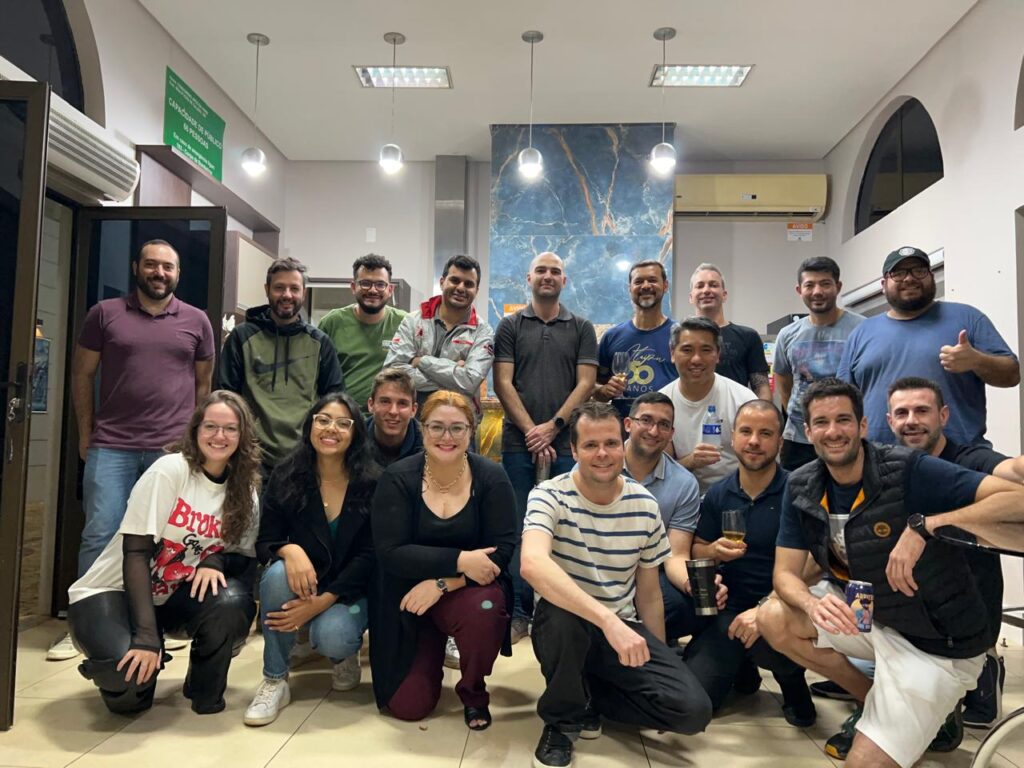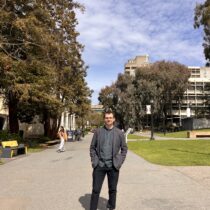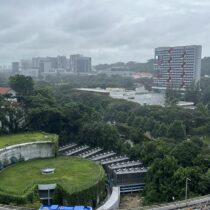Brazil: Immersed in Nature, Driving the Energy Transition
October 3, 2024I am approaching the conclusion of an experience, or rather a dream, that has seen me spend 5 months in the wonderful Brazil. My name is Federico Sartore, a student of “Energy Science and Technology” at ETH Zurich, and for my internship, I decided to work at the ITAIPU BINACIONAL dam, in the state of Paraná, Brazil.
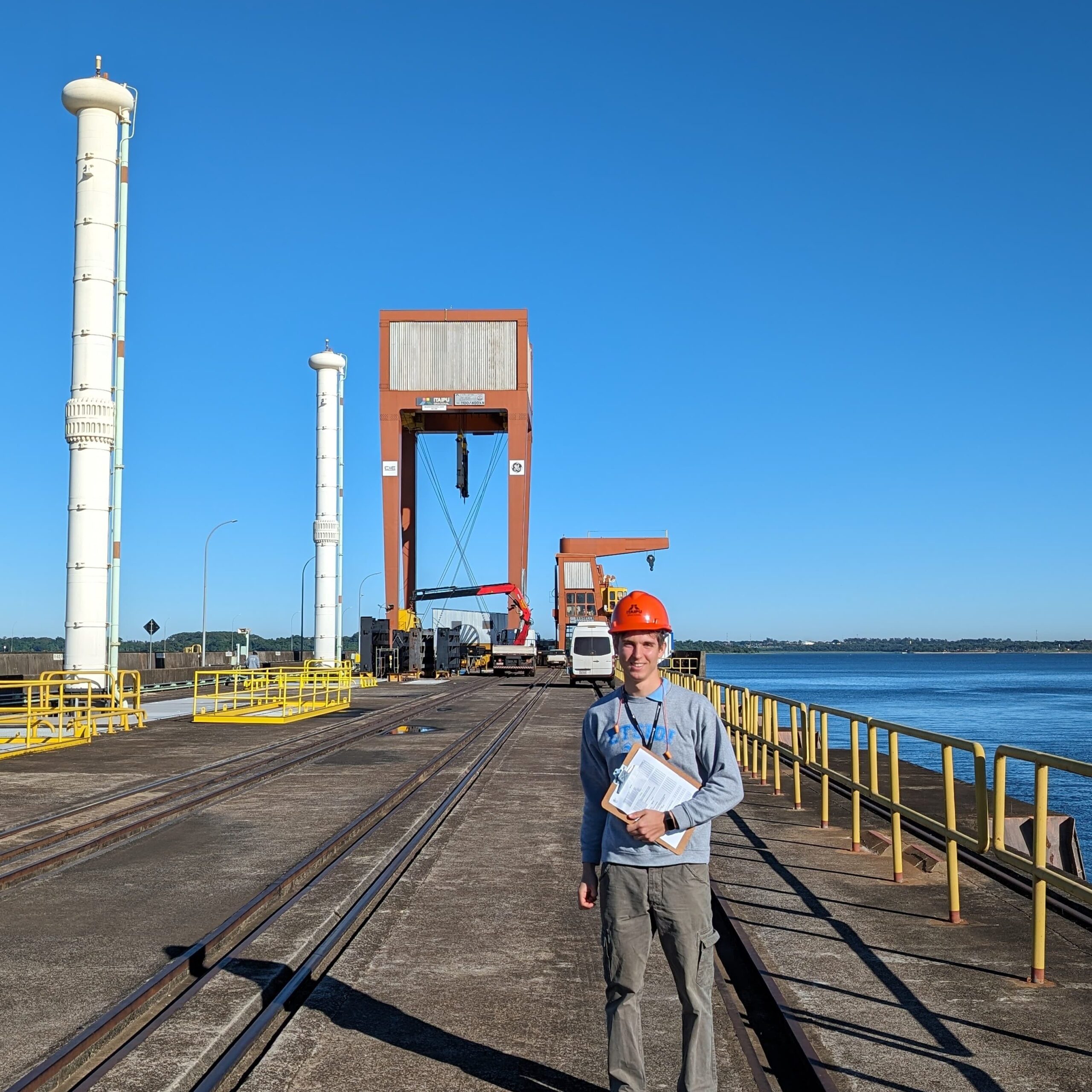
ITAIPU BINACIONAL is the second-largest dam in the world, the greatest energy producer in human history, born from an ambitious binational project at the border between Paraguay and Brazil. It supplies up to 90% of Paraguay’s electricity demand and up to 20% of Brazil’s, despite the differences between the two countries in terms of electric frequency, time zone, language, culture, and social and economic fabric. Beyond energy production, ITAIPU reinvests much of its revenue in local community development, biodiversity, and ambitious projects for Brazil. I had the honour of being involved in projects focused on optimizing the dam’s management and green hydrogen production, particularly aimed at the sustainable development of remote areas like the Amazon.
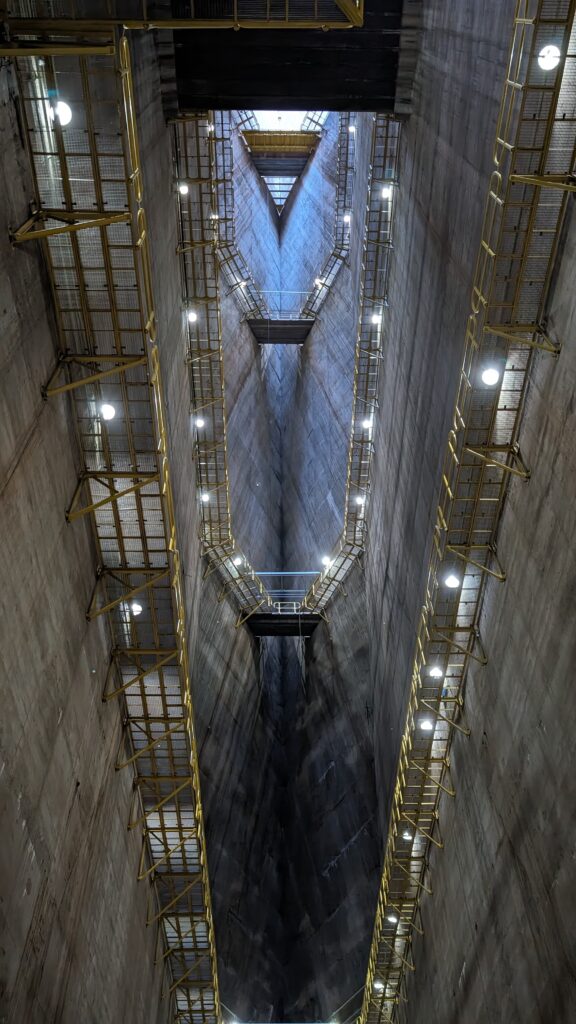
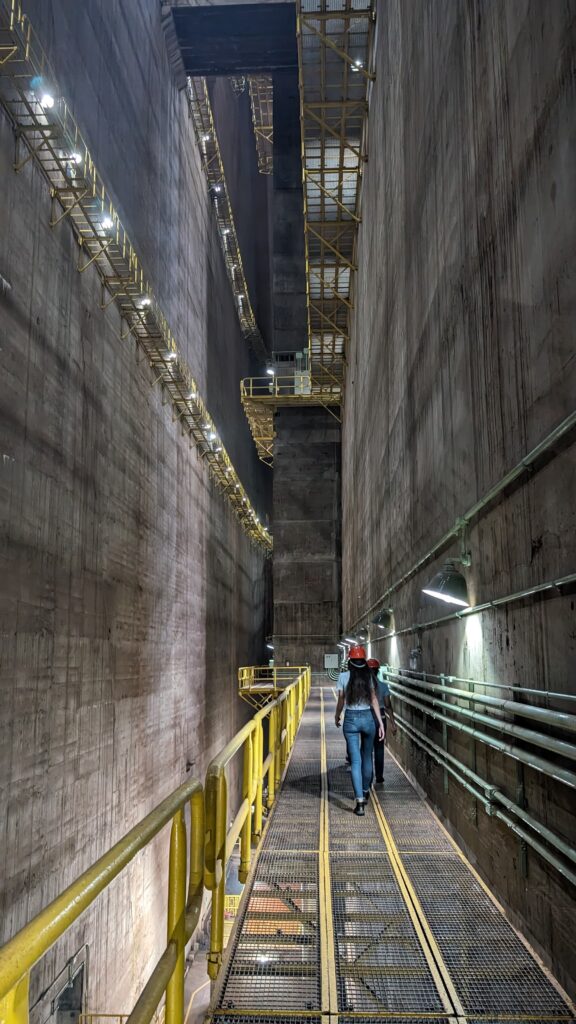
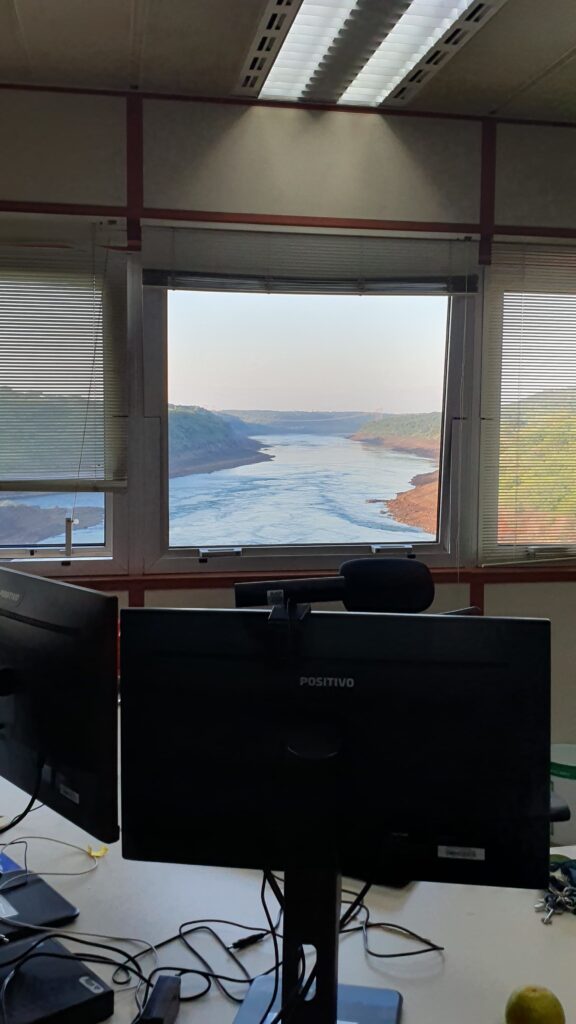
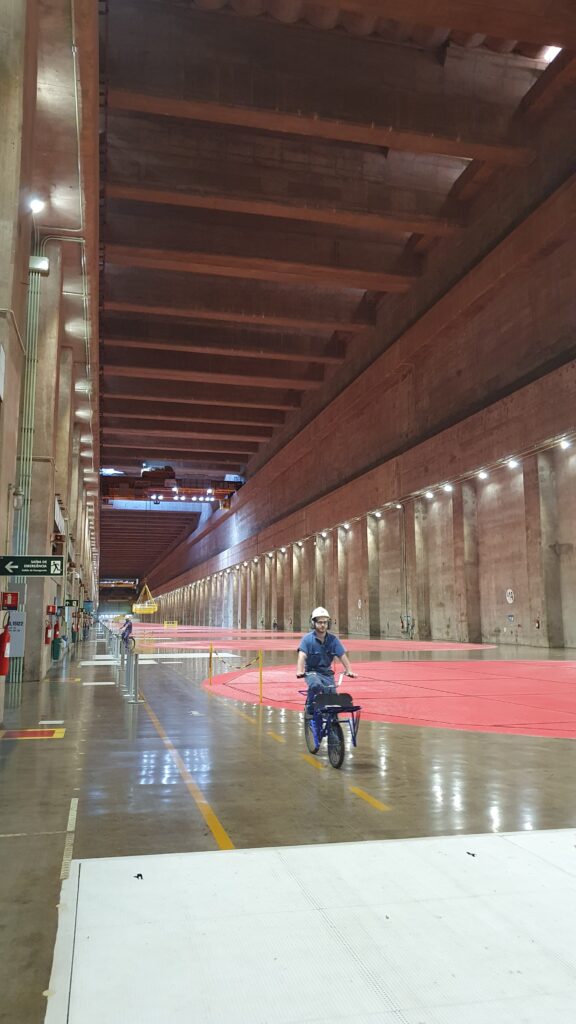
In Brazil, I found great professionalism and exceptional working conditions, aimed at a harmonious balance between work and life. I worked within a natural park, surrounded by greenery, where encounters with capybaras, jaguars, and tropical birds are common, just half an hour away from one of the seven wonders of the world, the Iguaçu Falls. Lunch breaks here are two hours long, giving workers time to go home and be with their families. People here live with a smile on their faces; on Friday mornings, everyone has breakfast together at work, and evenings are lived to the rhythm of music. The person comes before the product, which translates into great commitment.
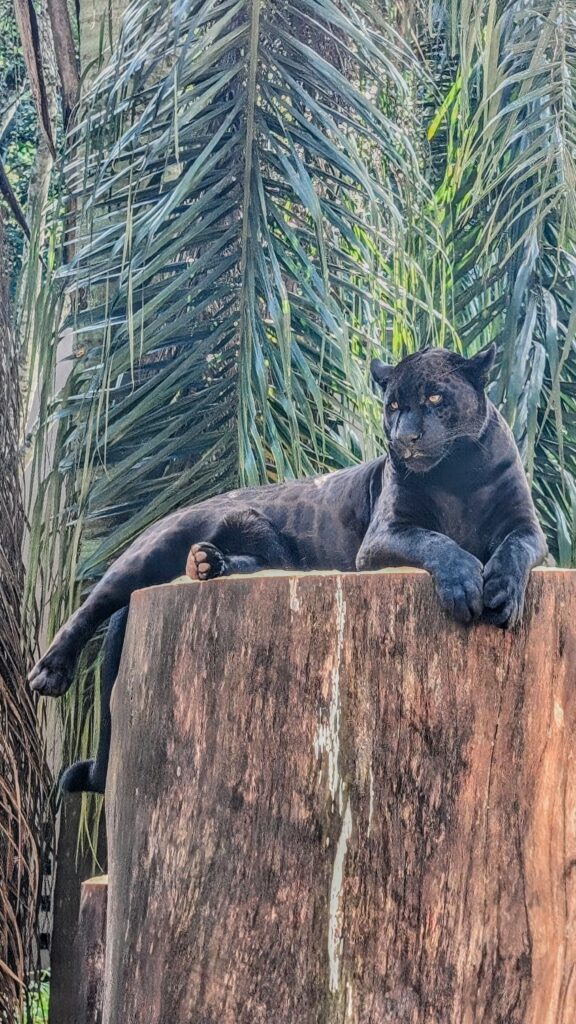
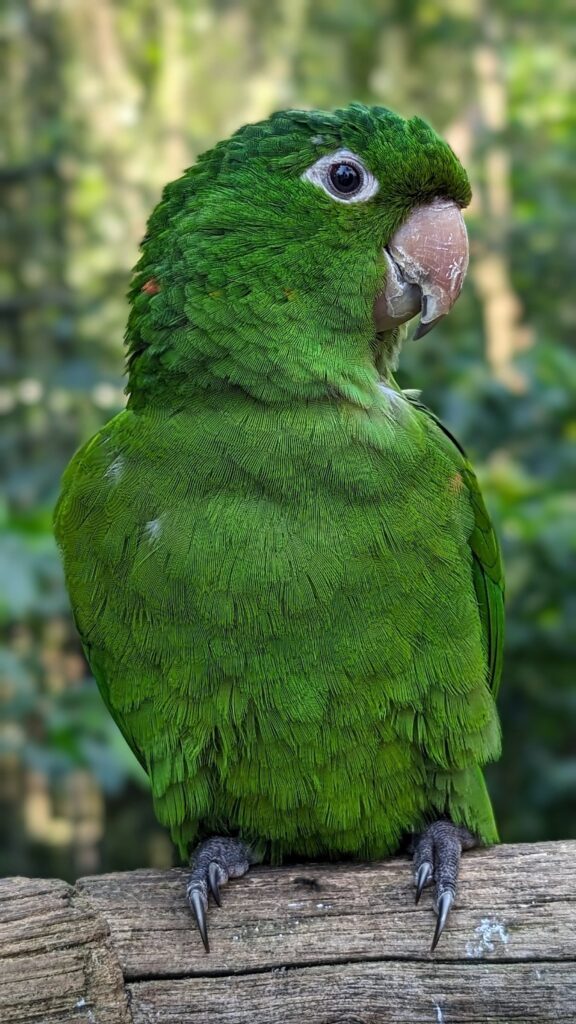
Brazil welcomed me like a son, and having learned Portuguese well, I could fully appreciate the emotional warmth that characterizes these wonderful people. I had the honour of working at the border with Argentina and Paraguay, meeting people and cultures from all over South America. I was fortunate to receive permissions to travel around Brazil, because here, internships are seen as personal growth, not just for the engineer, and they knew I was here to learn, not just to see. During this experience, unfortunately, there was a flood in the state of Rio Grande do Sul. The Brazilian reaction surprised me; the unity shown and the empathy toward those affected by the flood moved me.
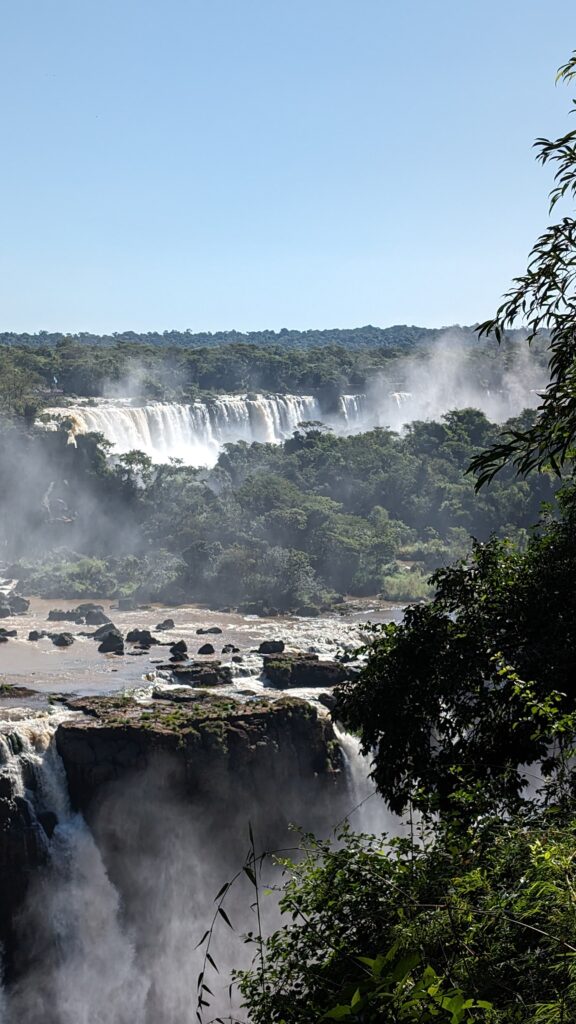
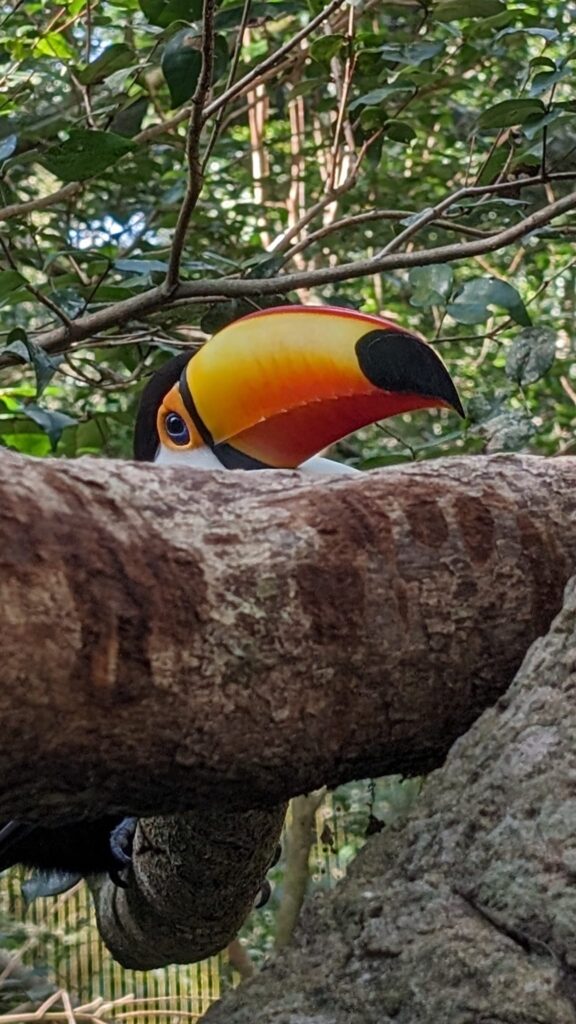
It saddened me to see the excessive admiration for the Western world, idealized as perfect. Our technological progress certainly gives us many assurances, which sometimes are lacking here, and this often translates into limited horizons and broken dreams for young Brazilians, sometimes leading them to violent environments. But this does not exempt us from looking at Brazil as an example of respect for the individual and their freedoms. I tried to inspire my colleagues not to limit themselves and to dream big, as I am fortunate enough to do. They taught me to see in a smile the light to brighten the day.
